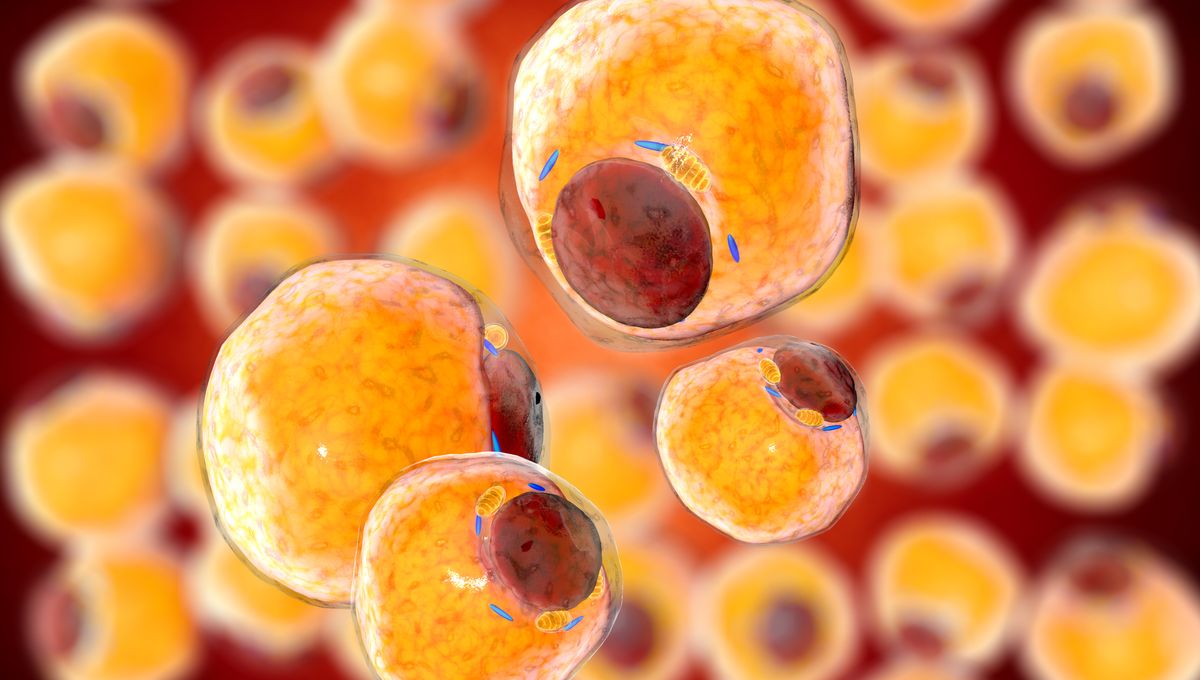
A new mechanism by which toxic substances are metabolized by an enzyme, mitigating their harmful effects and considerably lengthening lifespan, has been discovered. Experiments in the model worm Caenorhabditis elegans and in yeast revealed that increasing the expression of the adh-1 gene was enough to delay aging, and the researchers suspect that the same could be true in humans too.
“The discovery was unexpected,” explained senior author Dr Eyleen Jorgelina O’Rourke in a statement. “We went after a very well-supported hypothesis that the secret to longevity was the activation of a cell-rejuvenating process named autophagy and ended up finding an unrecognized mechanism of health and lifespan extension.”
C. elegans shares more than 70 percent of its genes with humans, and over the years this unassuming little worm has proven itself to be an incredibly valuable tool for scientific discovery. Previous research in C. elegans and other organisms had led O’Rourke and the team to believe that autophagy – a process of cellular recycling – could be the cornerstone to anti-aging.
You can imagine their surprise, then, when they were able to increase the worms’ lifespan by 50 percent with no increase in autophagy at all.
They dubbed the mechanism they discovered AMAR, which happens to be the Sanskrit word for “immortal” as well as being an acronym for “Alcohol and aldehyde dehydrogenase Mediated Anti-aging Response”.
The team predicted that activating this mechanism would lead to increased metabolism of two by-products of fat that naturally build up in our bodies over time. One of these, glycerol, would be directly broken down; this, in turn, would indirectly lead to the breakdown of the other, glyceraldehyde. Glycerol and glyceraldehyde are thought to have toxic effects, so removing them should promote healthier aging and longevity.
In another unexpected finding, the researchers were able to activate the AMAR effect by simply increasing the expression of one single gene – adh-1 – which codes for an enzyme called alcohol dehydrogenase.
Buoyed by the success of their worm experiments, the team also tested the findings in yeast, and were able to achieve a similarly beneficial effect on lifespan. What’s more, they looked at the literature and found a correlation between increased alcohol dehydrogenase levels and fasting/caloric restriction (which they consider an anti-aging intervention) in mammals – including humans.
The researchers suggest that glycerol and glyceraldehyde naturally increase over time, as the body stores more fat as it ages. Their observations hint at the possibility of activating the protective AMAR mechanism in other animals, to circumvent the potentially toxic side effects of glycerol and glyceraldehyde, and maybe increase longevity.
“We hope to attract interest in developing therapeutics that target AMAR,” said O’Rourke. “With age-related diseases currently being the major health burden for patients, their families and the healthcare system, targeting the process of aging itself would be most effective way to reduce this burden and increase the number of years of independent healthy living for all of us.”
The paper is published in the journal Current Biology.
Source Link: Enzyme That Clears Fat By-Products Could Be Key To Delayed Aging